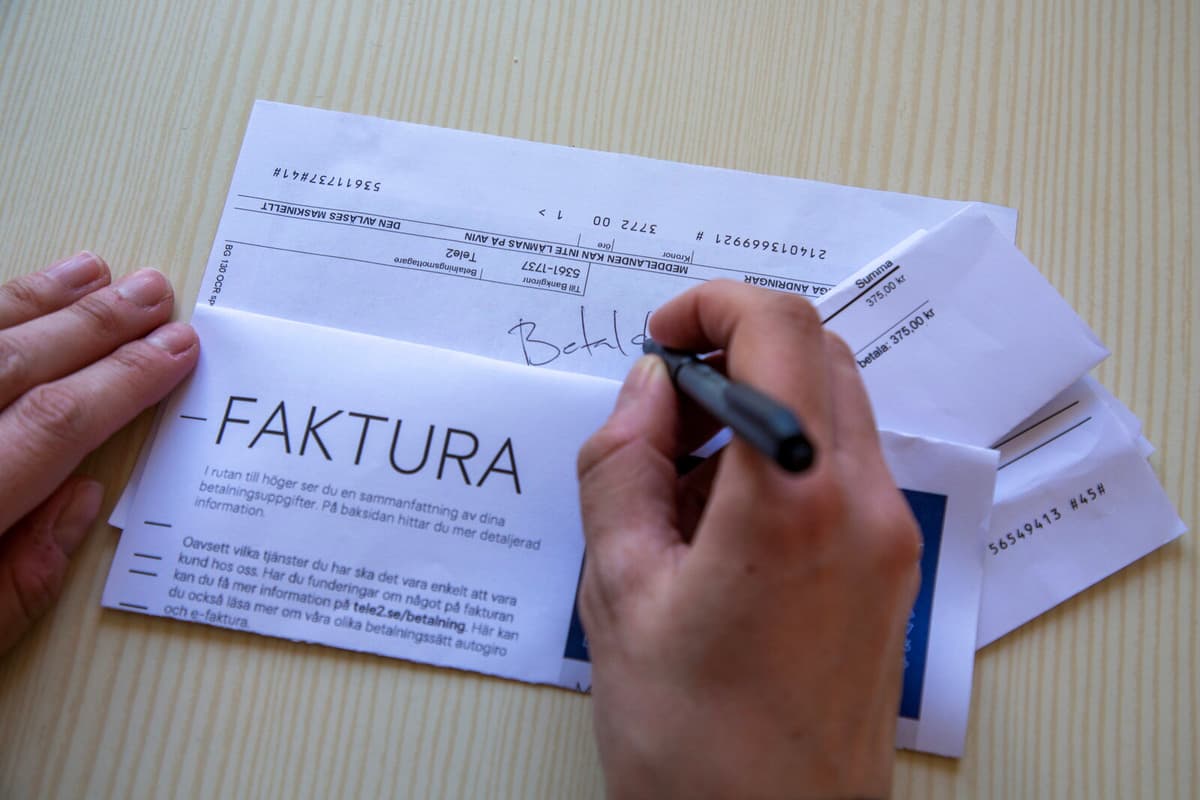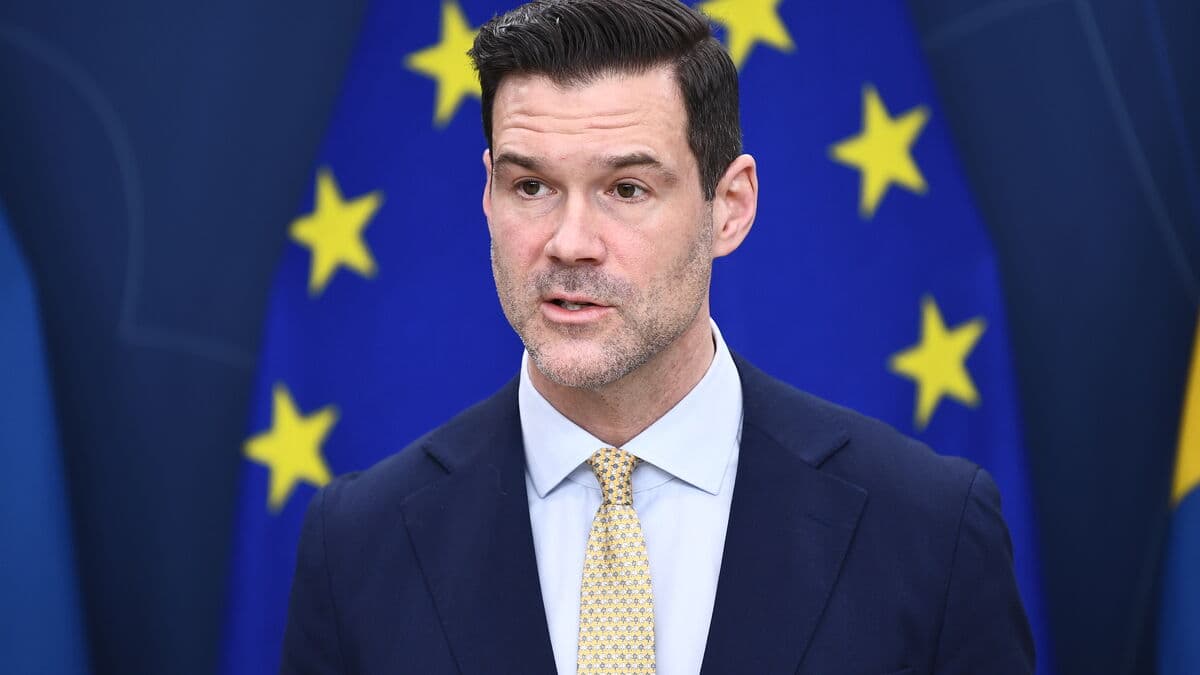Those who get their account frozen are shut out of the financial system and have difficulty receiving salary, paying bills, and identifying themselves digitally.
I'm not saying it's without reason, it becomes a concern during the time things are being investigated, says Lendos' economist Sharon Lavie.
Things to Consider
Payment accounts can be frozen during the time the bank investigates suspected activities. Lendos' economist Sharon Lavie emphasizes that it doesn't have to be about crime, but can be unusual transactions or transactions from countries considered high-risk countries.
She urges consumers to keep track of their papers if, for example, they sell an apartment or car abroad or have unusual activities on their account.
Save your papers to be able to prove where this transaction has come from, it will make it much easier.
Financial Exclusion
This spring, the Financial Supervisory Authority will conduct an analysis of how the four largest banks work with the right to a payment account. The authority wants to ensure that there is no need for further changes to protect that right. The analysis will be presented towards the summer.
Lendos' economist Sharon Lavie welcomes the analysis. She emphasizes that almost everyone will never have problems with suspected activity on their account, but it's always good to be prepared.
As long as it doesn't cost you large sums, it's never bad to have a safety net.
Banks are required to offer payment accounts with basic services to consumers. They are also required to ensure that their services are not used for criminal activities.
The bank can temporarily freeze assets during an investigation according to the Money Laundering Act. Only government authorities can decide on assets being seized or distrained.
Source: Financial Supervisory Authority.






